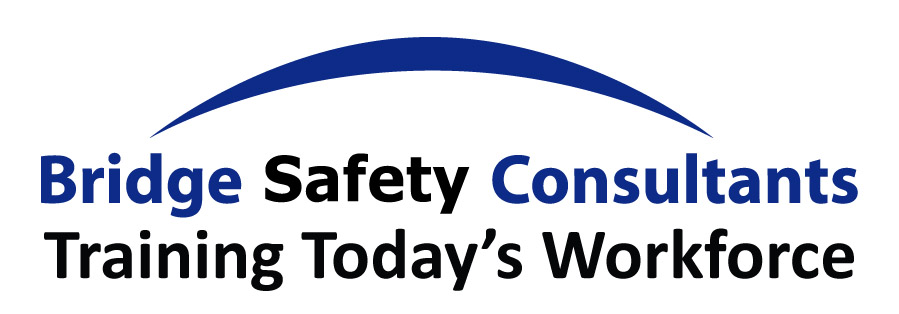Employers: A Lesson On How To Avoid A Costly Sexual Harassment Lawsuit
Los Angles, California
Sexual harassment lawsuits are increasingly frequent and expensive. Last year, there was a substantial increase (>50%) in the number of sexual harassment lawsuits filed by the Equal Employment Opportunity Commission (EEOC).[1] In 2018, the EEOC won nearly $70 million for the victims of sexual harassment, up from $47.5 million in 2017. This increase in sexual harassment lawsuits is a trend we can expect to continue. Luckily, there’s action you and your company can take to protect against such expensive lawsuits.
First, it’s important to understand what’s at stake. Losing a sexual harassment lawsuit can be extremely costly to your company. The amount someone suing can be awarded in financial compensation depends on what sort of harm the harassment has caused. Some types of damages, including back pay and front pay, are designed to compensate for wages lost as a result of being sexually harassed. Other types of damages, known as ‘pain and suffering’, are intended to compensate for the emotional upset caused by the harassment. There are also punitive damages, which are designed to punish the employer for failing to stop the harassment.
Furthermore, it’s increasingly difficult to keep such litigation out of the public eye. The signing of Senate Bill 820 into law makes it even more difficult for employers and individuals in California to discreetly settle sexual harassment cases. The new law prohibits secret settlements and non-disclosure agreements in sexual harassment cases. While a victim can still choose to keep their name private, the perpetrator’s identity cannot be confidential.[2]
There are ways your business can mitigate against expensive, public lawsuits. It’s critical for businesses to stay up to date with the latest laws and regulations and to ensure that they are taking every step necessary to avoid potential lawsuits. This means providing a comprehensive training against all forms of sexual harassment.
A new California law (SB1343) requires that every company, with at least 5 employees provide comprehensive training on sexual harassment, abusive behavior, and sexual orientation before the end of 2019. SB1343 requires covered employers to provide at least two hours of sexual harassment prevention training and education to all supervisory employees and at least one hour of such training to all non-supervisory employees in California. Training and education must be provided once every two years thereafter, as specified under the new law.
All employers that have employees in California must take reasonable steps to prevent discrimination and harassment, such as policy assimilation and training. Employers must provide sexual harassment prevention training in a classroom setting and must also provide instructions on how to contact a trainer who can answer questions within two business days.
California sexual harassment training should start by reviewing what constitutes sexual harassment under FEHA and Title VII. It should cover statutes and case-law that prohibits and prevents sexual harassment, including an explanation of ‘abusive conduct’ under Government Code section 12950.1, subdivision (g)(2). Training should also cover the consequences of breaking these laws. Your company’s anti-harassment policy must detail a clear complaint procedure, so that if something happens everyone knows how to handle it and who to report to. As with every aspect of the sexual harassment training and policy, here are very specific rules about this complaint procedure. There is a lot to keep track of and that’s why it may be in your company’s best interest to higher the professionals at Bridge Safety Consultants to guide you through the processes and laws.
All
business owners and managers, regardless of industry, must come into compliance
with this new law, but it can be difficult to navigate all the requirements on
your own. The team at Bridge Safety Consultants provides in-person
training sessions where attendees are engaged and interested, and really learn
what constitutes harassment in today’s environment. The in-person aspect of
this training is critical because it enables such trainings to clearly and
completely address all employees’ questions and concerns. Our consultants can
target the training to fit the specific needs of your company, including
bi-lingual trainings. Book your training program online here.
[1] https://www.emplicity.com/california-companies-sexual-harassment-settlements/
[2] https://www.emplicity.com/california-companies-sexual-harassment-settlements/



